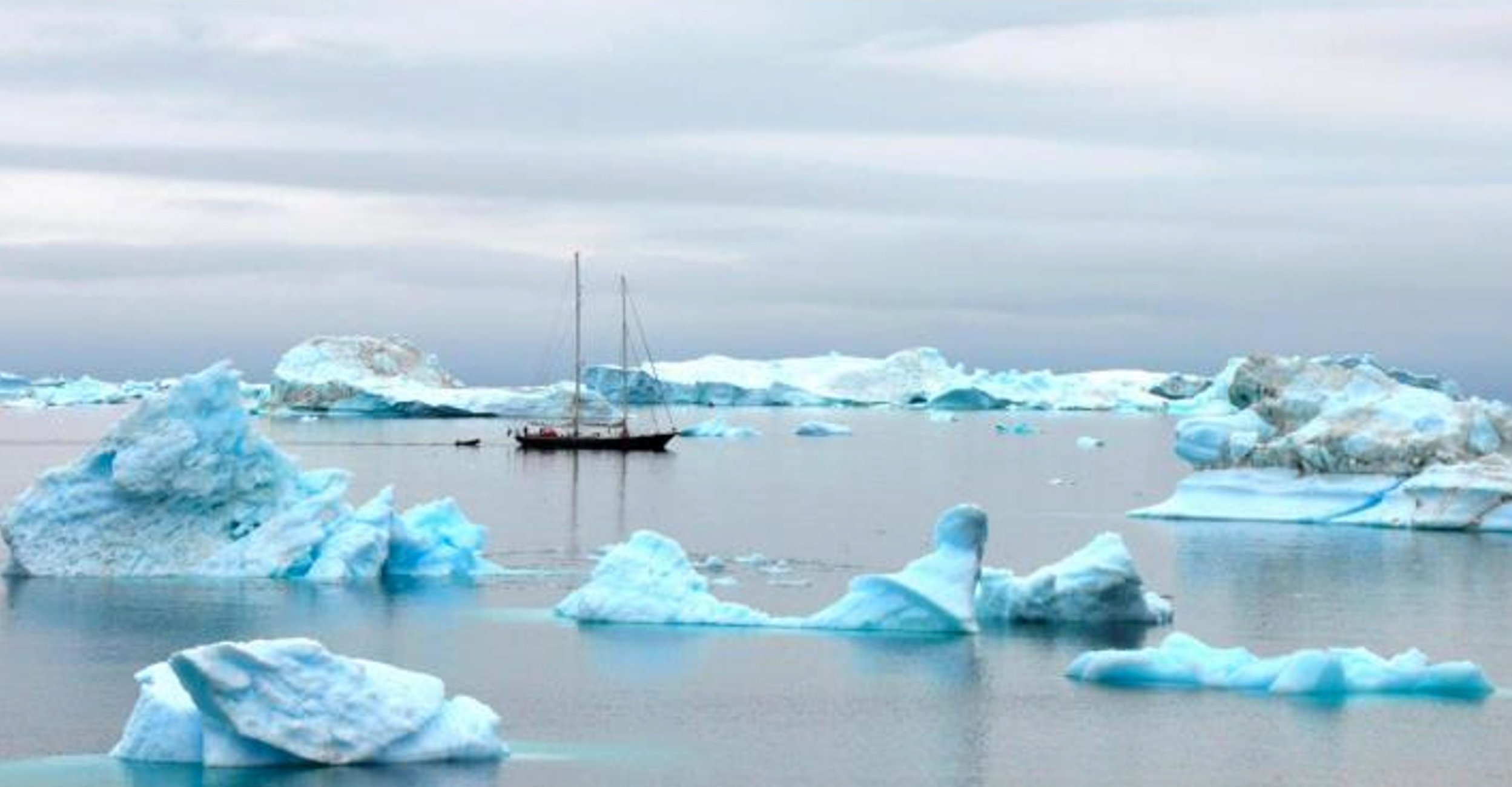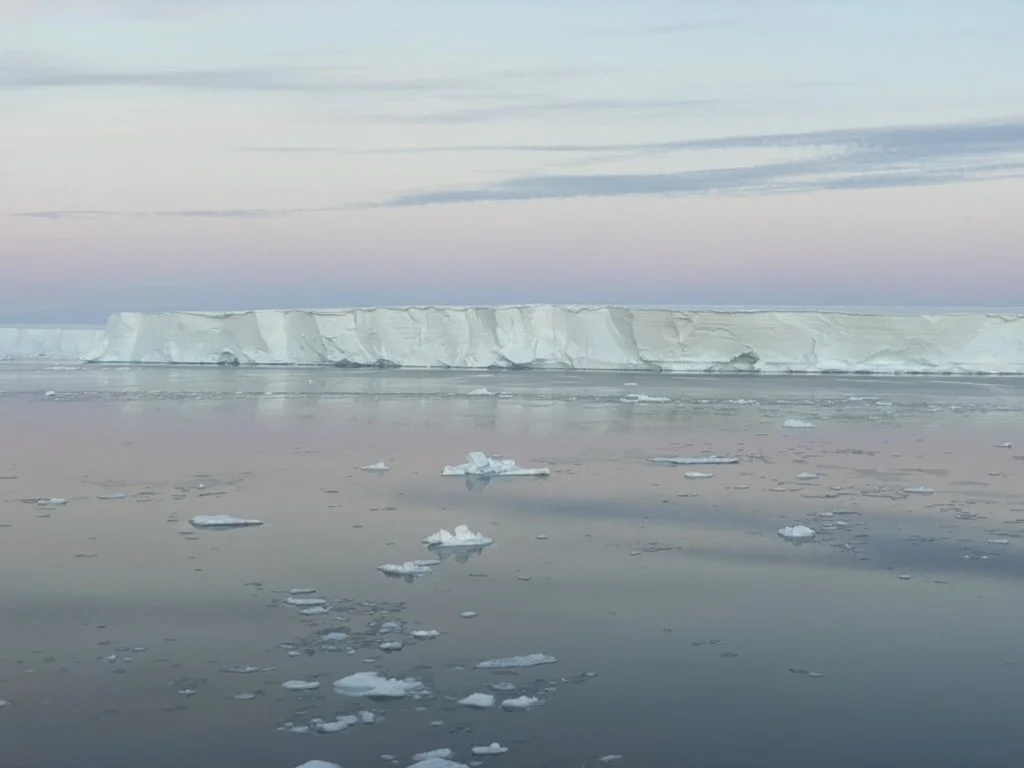Project goal
PCAPS aims at improving the actionability, impact, and fidelity of environmental forecasting for human and environmental well-being in the Arctic and Antarctic regions.
PCAPS has an overarching project goal, as well as five main objectives.
PCAPS activities
PCAPS engages in regular activities to foster transdisciplinary research opportunities as well as networking building with stakeholders across the polar regions.
Annual SG meetings
Due to the transdisciplinary and complex nature of the issues that PCAPS aims to address, it is paramount to facilitate and integrate stakeholder and user expertise, experiences, and input into PCAPS’ work.
Regular workshops and feedback sessions will be held – both online and in-person – with stakeholders and partners globally. Most notably, PCAPS will host open local stakeholders sessions at different locations each year, in conjunction with the annual SG meeting.
Stakeholders and partners are also invited to be directly involved in the work of PCAPS Task Teams, to the extent they wish to be involved.
Open Sessions with stakeholders
Due to the transdisciplinary and complex nature of the issues that PCAPS aims to address, it is paramount to facilitate and integrate stakeholder and user expertise, experiences, and input into PCAPS’ work.
Regular workshops and feedback sessions will be held – both online and in-person – with stakeholders and partners globally. Most notably, PCAPS will host Open Sessions with local stakeholders at different locations each year, in conjunction with the annual SG meeting.
Stakeholders and partners are also invited to be directly involved in the work of PCAPS Task Teams, to the extent they wish to be involved.
PCAPS Task Teams
Work within PCAPS is facilitated and overseen by a multi-disciplinary, geographically and culturally diverse Steering Group (SG). Members of the SG co-lead and are involved in Task Teams.
PCAPS Task Team work in alignment with the high-level PCAPS Objectives detailed above.
The key role of the Task Teams is to coordinate and develop research projects and programs, that will be conducted by Task Team members and Endorsed Projects.
Task Team activities and emerging findings are presented at conferences and meetings, as well as part of the general PCAPS outreach and communication activities. Task Teams operate within a specified timeframe and report to the SG.
Task Teams convene regular meetings to discuss progress, address challenges, and make decisions. Learn more about our Task Teams below!
-

Verification Task Team
Co-leads: Barbara Casati, Marion Mittermaimer, Linus Magnusson
The main objective of the Verification Task Team is to advance operational verification practices.
The Task Team’s scope includes conducting regular discussions on recent weather verification results from operational forecasting centres over the Antarctic and Arctic regions, including contributions from the WMO Lead Centre for Deterministic Verification.
The team also regularly exchanges sea-ice verification results, with the goal of establishing a protocol for the exchange of sea-ice verification scores. This includes identifying suitable baseline verification-reference products and assessing their associated uncertainties.
Another key area of work is supporting the development of diagnostics and verification methods that capture the added value of model coupling and increased resolution, as well as the representation of extremes and complex features in polar environments.
In addition, the Task Team co-develops user-focused verification approaches for key variables such as precipitation, clouds, visibility, and wind.
-

Distributed Observational Networks to Advance Coupled Forecasting Systems (DON4FS) Task Team
Co-leads: Malte Müller, Jørn Kristiansen
DON4FS aims to enhance the planning, deployment, coordination, and use of distributed observational networks to advance our understanding and predictive capabilities of coupled atmosphere–ice–ocean–wave forecast models in the polar regions.
The Task Team’s scope includes improving the representation of physical interactions within Arctic coupled systems, including the atmosphere, sea ice, ocean, and wave components.
The team works to leverage both in situ and remote sensing data to support model validation and drive improvements in model performance.
It also facilitates multi-model assessments to evaluate forecast skill and identify best practices for the use of distributed observations in coupled forecasting systems.
In addition, the Task Team explores the integration of machine learning approaches, with a particular focus on how ML-based forecasting systems can contribute to model intercomparison studies in a scientifically robust manner.
-

Observational Requirements in the Context of AI Prediction Systems (ORCAS) Task Team
Co-leads: Clare Eayrs, Lorenzo Zampieri
The main aim of ORCAS is to maximise the value of observational campaign data for AI-based polar prediction systems. This is achieved by evaluating model performance and determining optimal observational requirements.
The Task Team’s scope includes evaluating the performance of AI models using historical observational campaign data, such as from MOSAiC and ASPeCt. It also involves assessing specific events and variables observed during these campaigns.
The team works to develop systematic assessment frameworks for comparing AI-based and traditional prediction systems and to analyse the physical consistency of AI forecasts.
Based on these efforts, the Task Team provides recommendations for future observational campaigns, such as Antarctica InSync and IPY, regarding data collection requirements.
In addition, the team collaborates with AI modelling groups to test forecasting scenarios and actively engages with key stakeholders, including SOOS, ASPeCt, the CliC Arctic Sea Ice Working Group, and SIPN.
-

Sea Ice Thickness (SIT) Task Team
The Sea Ice Thickness Task Team focuses on advancing the assimilation of sea-ice thickness observations and enhancing the shared understanding of related observational challenges. These challenges include data availability, observation biases, and the specification of observation errors.
The Task Team’s scope includes developing and evaluating data assimilation methodologies specifically for sea-ice thickness. It also covers the use of observations from satellite platforms, such as altimeters and passive microwave sensors, as well as in-situ measurements. In addition, the team explores synergies between sea-ice thickness data and other observation types within data assimilation frameworks.
-

Sustainability & Impact Task Team
Lead: Machiel Lamers
The Sustainability & Impact Task Team aims to understand and assess the intended and unintended societal, economic, and environmental impacts of improved weather and ice forecasts in the polar regions. These impacts include changes in human safety, environmental risk, and activity patterns across polar environments.
The Task Team identifies institutional and regulatory barriers and drivers—such as the Polar Code, insurance frameworks, and the Sustainable Development Goals (SDGs)—and examines their effects on the development, delivery, and use of enhanced WWIC (weather, water, ice, and climate) services.
The team explores and supports innovative, environmentally friendly, and sustained observation approaches, including technological solutions and societal processes like community-based monitoring, citizen science, and vessels of opportunity.
It also assesses the consequences of enhanced environmental services, including increased human activity and its socio-cultural and behavioural drivers.
Finally, the Task Team develops strategies for socioeconomic assessment to evaluate how improved forecasts influence the safety and sustainability of human activities in polar regions.
-

Services & Actionability Task Team
Co-leads: Jelmer Jeuring, Vicki Heinrich
The main aim of the Services & Actionability Task Team is to enhance environmental forecasting services. The Task Team’s scope is particularly oriented toward fostering interactions between users, providers, and researchers to improve service relevance and uptake.
As such, the team engages in activities that support research on effective communication and delivery of usable forecasts, actionable knowledge, and risk and impact-based information tailored to the needs of diverse stakeholders.
Three key themes are guiding these activities: 1. The design and evaluation of risk, safety, and warning systems that enable informed decision-making in polar environments; 2. Service awareness and weather literacy among user communities; and 3. Behavioural and cognitive factors that influence how services are provided, interpreted, and acted upon.
-

Processes Task Team
Co-leads: Gunilla Svensson, Andrew Orr
The Processes Task Team aims to improve the representation of key physical processes in atmosphere–ice–ocean models, especially those critical for coupling, to enhance the accuracy and reliability of coupled forecasts in polar regions.
The Task Team focuses on expanding the use of the Merged Data File (MDF) format and toolkits for process-based model evaluation across additional sites such as MOSAiC, Greenland Summit, Antarctica, and icebreaker expeditions. It also incorporates a wider range of variables and longer time periods, including near-real time data.
Using observationally based cases, the team coordinates Model Intercomparison and Improvement Projects (MIIPs) that employ Eulerian frameworks to explore boundary layer and cloud representation issues, and Lagrangian frameworks, to study airmass transformation.
Other key areas include analyzing vertical structure and momentum transfer across atmosphere–sea ice–ocean interfaces, as well as diagnosing model differences through process tendency analyses.
The Task Team also supports nudged climate simulations to strengthen collaboration with the climate modelling community.


